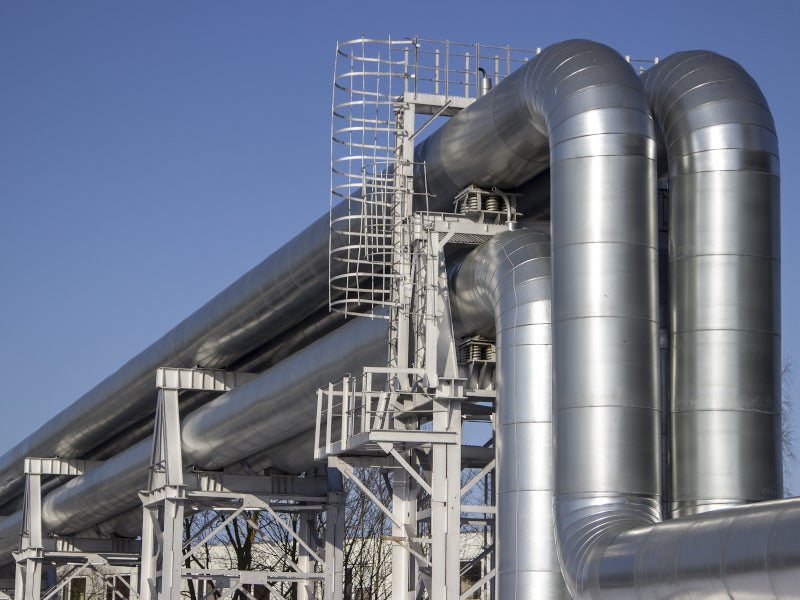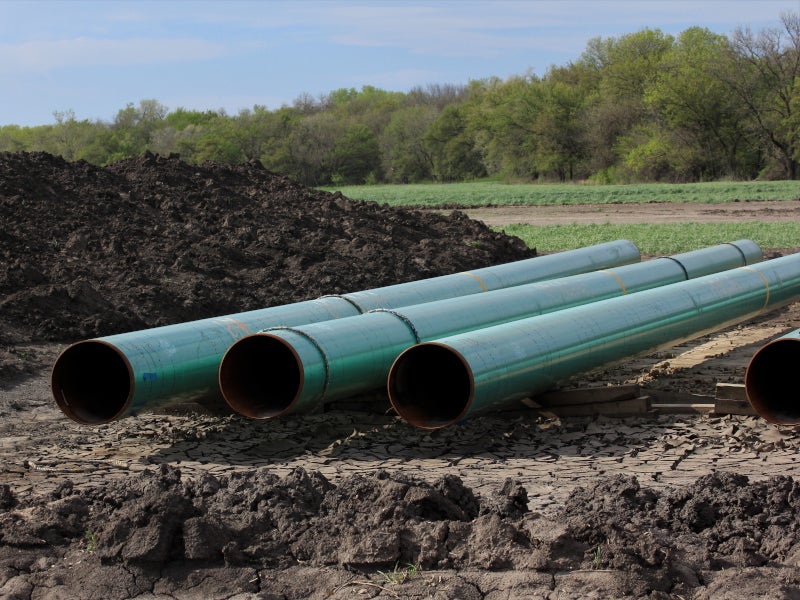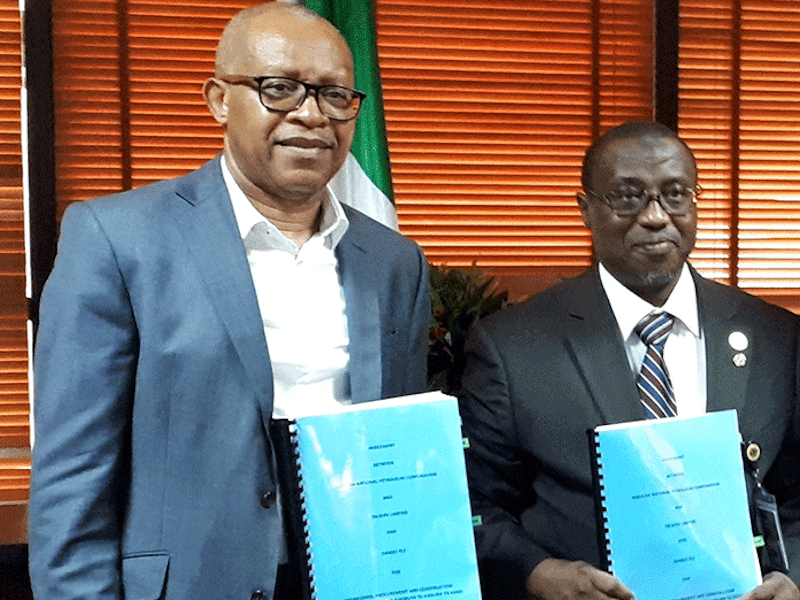The Ajaokuta–Kaduna–Kano (AKK) pipeline is a 614km-long pipeline being developed by Nigerian National Petroleum Corporation (NNPC) to transport natural gas from southern Nigeria to central Nigeria.
The £2.2bn ($2.8bn) pipeline project represents phase one of the 1,300km-long Trans-Nigerian Gas Pipeline (TNGP) project, which is being developed as part of Nigeria’s Gas Master Plan to utilise the country’s surplus gas resources for power generation as well as for consumption by domestic customers.
The TNGP project also forms part of the proposed 4,401km-long Trans-Saharan Gas Pipeline (TSGP) to export natural gas to customers in Europe. Nigeria holds Africa’s biggest and one of the world’s biggest gas reserves. It’s proved natural gas reserves stand at 188 trillion cubic feet (tcf) comprising 99tcf of associated gas and 89tcf of non-associated gas.
The AKK pipeline is planned to be developed on a build-own-operate-transfer (BOOT) basis under public-private partnership (PPP), supervised by Nigeria’s Infrastructure Concession Regulatory Commission (ICRC).
The construction of the pipeline is expected to be started in 2020 with completion expected in 2023.
The AKK pipeline project background
NNPC submitted the proposal for the Ajaokuta–Kaduna–Kano (AKK) natural gas pipeline project to ICRC in June 2017, while the feasibility study was approved in the next month. The PPP compliance certificate for the project was also issued in July 2017.
Nigeria’s Federal Executive Council (FEC) approved the pipeline project in December 2017.
Project financing
The Ajaokuta–Kaduna–Kano (AKK) gas pipeline project is planned to be financed through 85% debt and 15% equity.
The loan facility is being provided by the China Export & Credit Insurance Corporation (Sinosure) at London Interbank Offered Rate (LIBOR) interest rate plus 3.7% with a 12-year repayment period.
The Nigerian Government decided to issue a sovereign guarantee to back the loan facility for the pipeline in March 2020.
The Ajaokuta–Kaduna–Kano pipeline route and design
The 614km-long pipeline will originate at the Ajaokuta terminal gas station (TGS) in the Kogi state in southern Nigeria and pass through Niger, the Federal Capital Territory (FCT), and Kaduna to terminate at a gas station at Kano. The pipeline will cross seven major rivers and ten major roads along its route.
The AKK pipeline project is divided into four segments. The first segment will run from Ajaokuta to Abuja in the FCT for a total distance of approximately 200km.
The second segment will extend for 193km from the Abuja TGS to the Kaduna TGS, while the third segment will stretch for 97km from Kaduna to Zaria and the fourth and final section of the pipeline will run for approximately 124km from Zaria to the Kano TGS.
The pipeline will comprise 40in-diametre pipe joints and operate at a pressure of 1,000 pounds per square inch (PSIG).
The Purpose of AKK gas pipeline
The Ajaokuta–Kaduna–Kano (AKK) pipeline will transport up to 3,500 million cubic feet (mcf) of gas a day from various gas gathering projects in southern Nigeria. Hydrocarbon liquids will be processed at Ajaokuta to produce liquefied petroleum gas (LPG), while the remaining gas will be transported to supply feedstock for new power plants and petrochemical facilities at Abuja, Kaduna, Kano, and Katsina.
Contractors involved
A consortium of two local companies including Oando and Oilserv was awarded the engineering, procurement, and construction (EPC) contract for the Ajaokuta-Abuja section of the pipeline in April 2018. The development of the Ajaokuta-Abuja section of the pipeline is estimated to cost approximately £528m ($727m).
A consortium of Brentex and China Petroleum Pipeline Bureau (CPP) was also awarded the EPC contract for the 221km Kaduna-Kano section of the pipeline in the same month.





